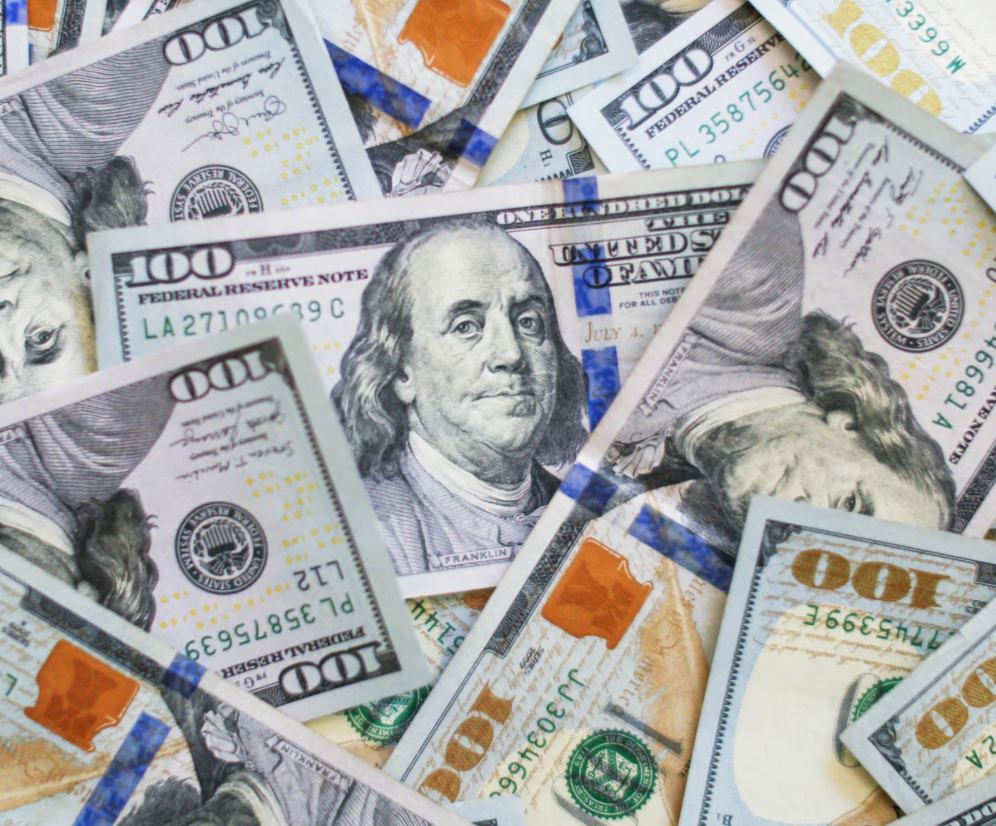 The House of Representatives voted 220–211 Wednesday to approve the Senate version of a $1.9 trillion coronavirus relief bill, which President Joe Biden is expected to sign into law.
The House of Representatives voted 220–211 Wednesday to approve the Senate version of a $1.9 trillion coronavirus relief bill, which President Joe Biden is expected to sign into law.
A previous version of the bill was approved by the House on Feb. 27, but changes contained in the legislation approved by the Senate created a need for the House to vote again to align the bill before it was sent for Biden’s signature.
The amendments included changes to some of the tax provisions in the original bill, including stricter limits on who would receive economic impact rebates, which remained at $1,400 for many individual taxpayers. For more on the tax changes in the bill, see “American Rescue Plan Act Passes With Many Tax Components.”
The new version of the bill makes it possible for eligible entities that receive a first- or second-draw Paycheck Protection Program (PPP) loan after Dec. 27, 2020, to also receive a Shuttered Venue Operators Grant (SVOG). Receiving or even having open applications for both programs had been prohibited, but a Senate amendment makes it possible for venue operators to receive both, though the amount of the SVOG will be reduced by the amount of PPP funds approved.
The updated bill also:
- Extends through Sept. 6 a $300-per-week supplement to federal unemployment benefits that would have expired March 14. The House version of the bill had boosted the supplement to $400 per week through Aug. 29, but the Senate kept the payment at $300, extended the program an extra week, and also made the first $10,200 in unemployment benefits tax-free in 2020 for taxpayers making less than $150,000 per year.
- Allocates $50 billion in funding to benefit small businesses through a variety of programs, including $25 billion for restaurants and bars, $15 billion for targeted Economic Injury Disaster Loan (EIDL) advance payments, and an additional $7.25 billion for the PPP.
- Includes money for health care entities, vaccine distribution, and testing related to the COVID-19 pandemic.
- Provides assistance for K-12 education and colleges and universities.
- Includes funding for state and local governments.
- Does not raise the federal minimum wage, which the original House bill would have increased to $15 per hour.
- Will not include funding for a bridge to Canada in upstate New York over the St. Lawrence seaway, or the extension of a railway system near San Francisco. Funding for both projects was included in the original House bill.
The American Rescue Plan Act, H.R. 1319, now awaits President Joe Biden’s signature. Stay tuned in to the Bowman Blog for an in-depth exploration of the tax credit changes and implications of the finalized relief bill.
{{cta(‘b05cee88-dbcc-43c2-af17-c5fc17122a75’)}}
Republished with permission from the American Institute of Certified Public Accountants
